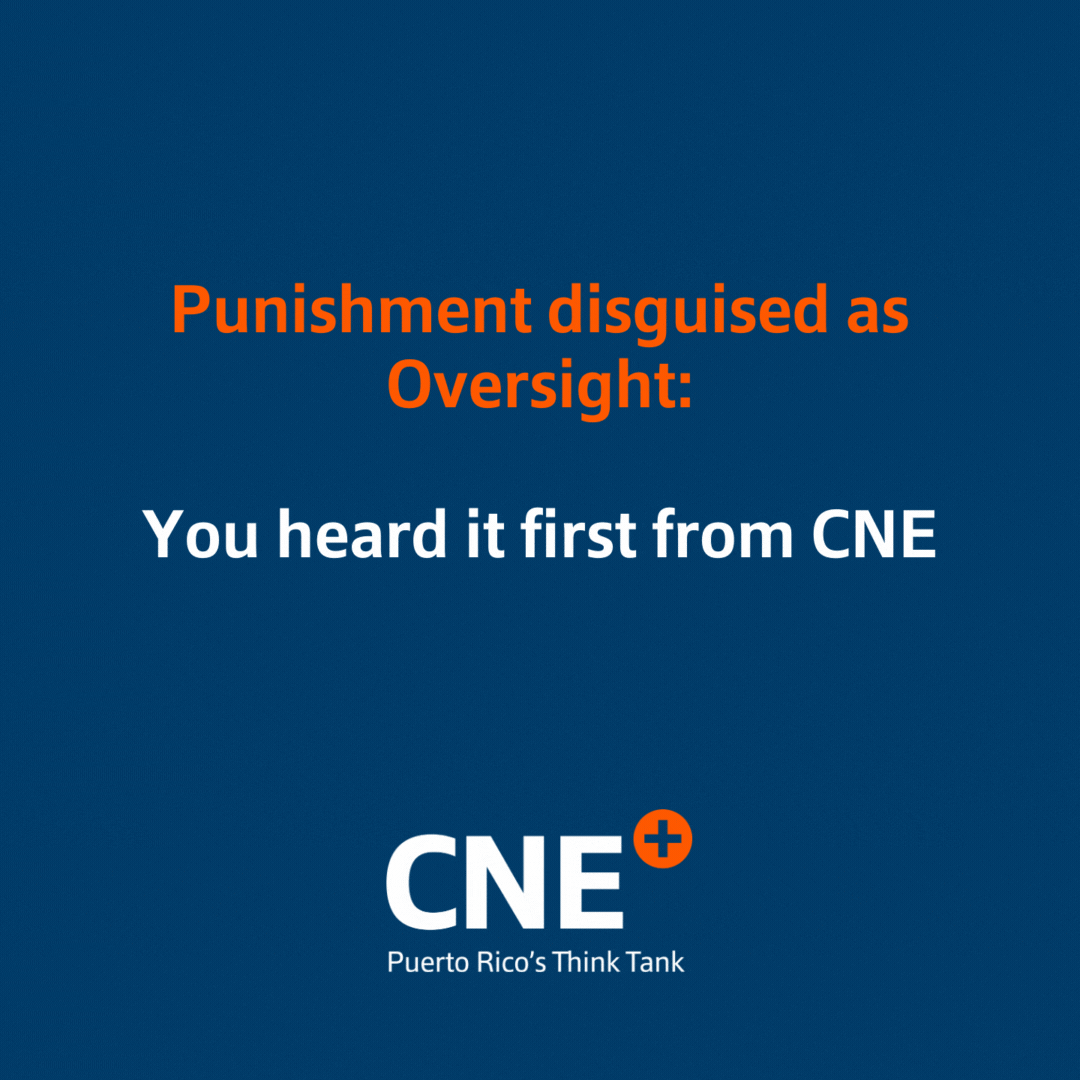
Last week, the Office of the Inspector General of the U.S. Department of Housing and Urban Development (HUD) released a 45-page report which detailed the multiple instances when the political leadership in the Office of Management and Budget, a critical control center within the Executive Office of the President, purposefully delayed processes to release disaster aid. It was appalling for many to hear how the federal government intentionally dragged its feet in assisting Puerto Rico. As I read through it, however, it felt more like a coherent explanation to the many obstructions those of us advocating for funds had long encountered.
For example, just weeks after Hurricane Maria destroyed the island, former OMB director, Mick Mulvaney, requested Congress to consider offsets when determining unexpected spending. He defended this request by indicating: “the Administration did not seek to offset the previous two supplemental requests that we sent, consistent with our policy for true emergency needs. However…we believe that it is appropriate the Congress consider reducing spending elsewhere in order to offset what will, again, be a significant amount of unbudgeted spending.” The request alone was appalling. While disaster assistance had at times been funded through agency reprogramming, FEMA’s Disaster Relief Fund has generally been prioritized and funded without seeking offsets in other spending. Decisions to provide federal assistance have largely been based not upon the ideology of any particular individual, but upon the need of the state as a whole and whether the state is capable of addressing that need without federal assistance.
In retrospect, perhaps we all should’ve seen how the Administration’s public slandering of the island would later be used to justify their obstructionist tactics. Among the many procedural delays, President Trump also repeatedly implied Puerto Rico should not be given more money because it would ultimately be wasted. Those not-so-subtle suggestions would ultimately sum up the Administration’s general stance on assistance for Puerto Rico.
The OIG report, therefore, helps shed light on many of the unspoken decisions made at the highest levels of government and crystallizes the impacts on the general disaster assistance process.
While it is fair to suggest there are opportunities to ensure better funding and investment decisions in the aftermath of a disaster, increased federal intervention on its own is not sound policy. First, because it chews up the available resources designed to address needs, but because it also adds more unnecessary layers of bureaucracy into an already complex process. As we’ve said in the past and reiterate now, punishment should certainly not be disguised as oversight.

